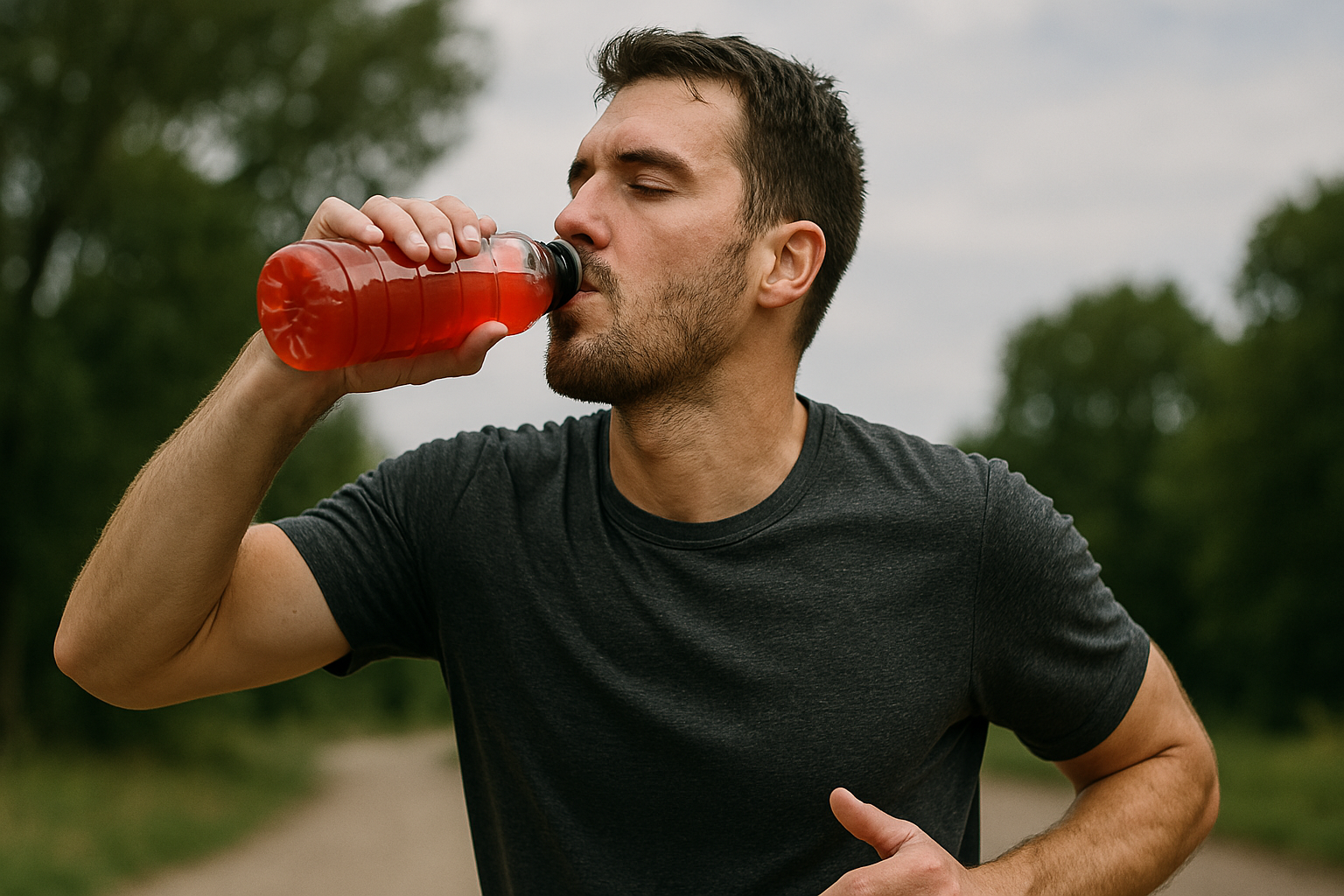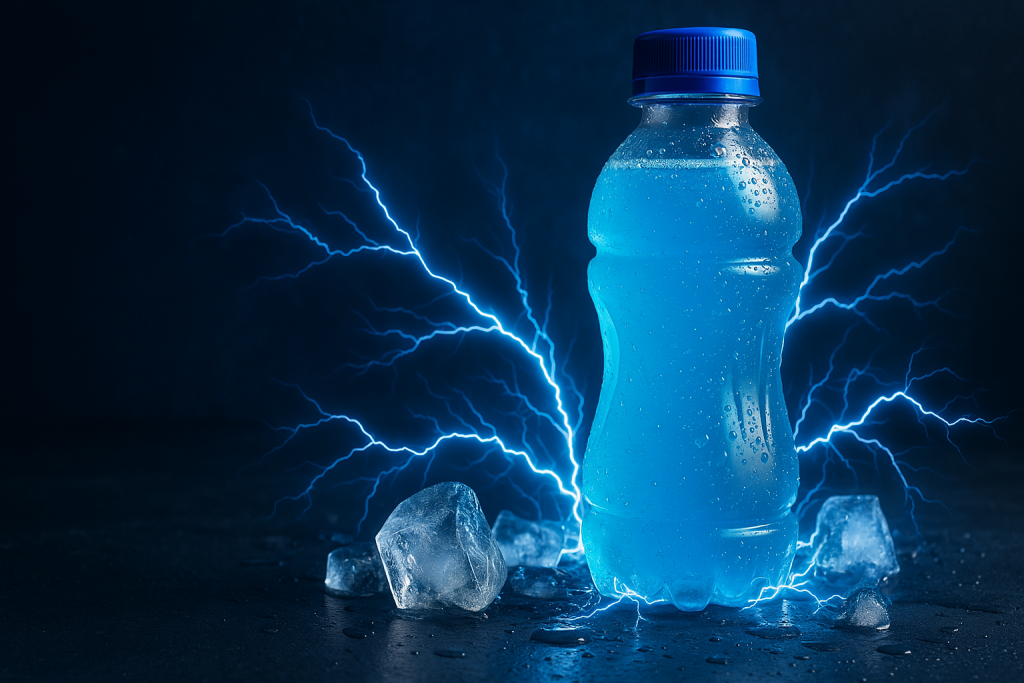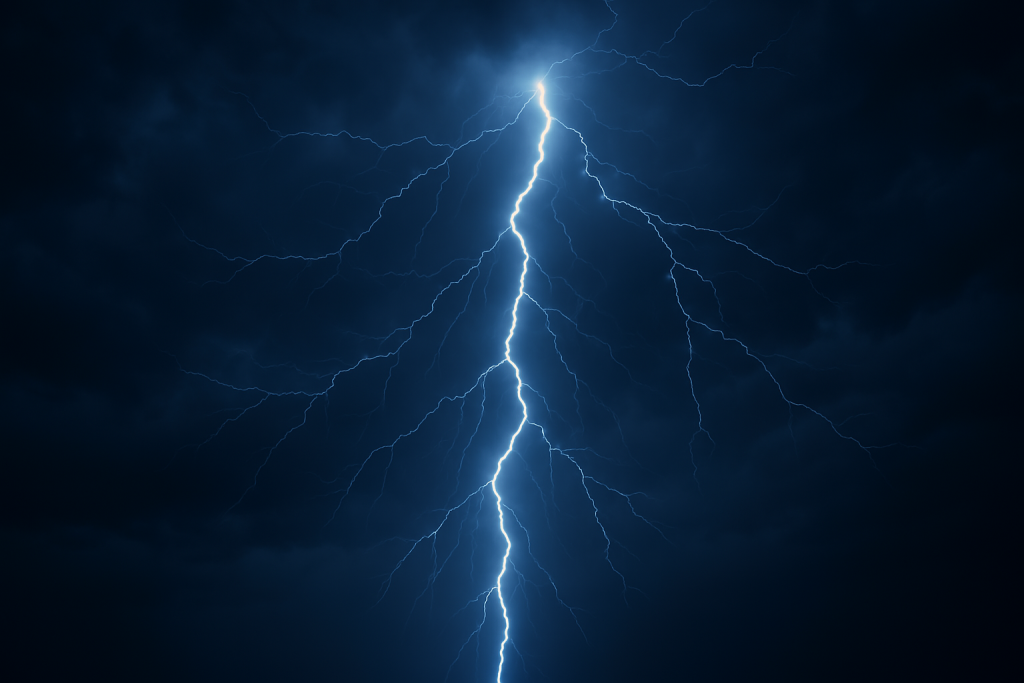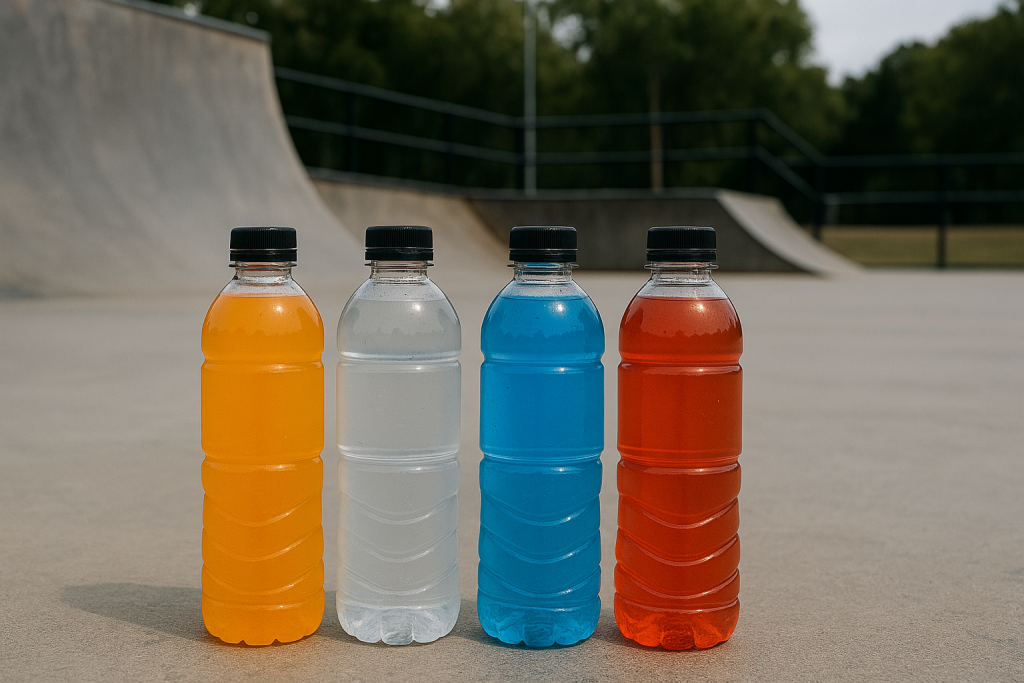Physical Address
304 North Cardinal St.
Dorchester Center, MA 02124
Physical Address
304 North Cardinal St.
Dorchester Center, MA 02124

The Rise of Electrolyte Drinks: Hype or Health Essential?
Electrolyte drinks have surged in popularity, with fitness enthusiasts and wellness influencers touting their benefits for hydration, energy, and focus. From professional athletes to casual gym-goers, people are reaching for these beverages as a quick fix for dehydration and fatigue. But are these drinks truly essential for everyday health, or are they just another wellness trend fueled by marketing? In this blog, we’ll dive deep into the benefits, risks, and real necessity of electrolyte drinks.

Once primarily used by endurance athletes and those recovering from illness, electrolyte drinks have now become a mainstream health product. Grocery store aisles are lined with an array of brightly colored bottles, promising everything from improved workout performance to faster recovery and even enhanced cognitive function.
A recent taste test of eight electrolyte drinks found that Holland and Barrett Precision Energy Tablets, the most affordable option, stood out with its refreshing lemon-lime flavor and quick dissolution. This serves as a reminder that sometimes, the most effective option isn’t always the priciest or the most heavily advertised. But beyond taste, are these drinks delivering real health benefits?

Electrolytes, including sodium, potassium, calcium, and magnesium, play a crucial role in maintaining hydration, nerve function, and muscle contractions. Our bodies naturally lose electrolytes through sweat, which is why replenishing them is important after intense exercise, excessive sweating, or bouts of illness.
However, experts caution that while electrolyte drinks can be beneficial for certain groups, most people obtain adequate electrolytes through a well-balanced diet. Natural sources such as bananas, spinach, nuts, dairy products, and even coconut water provide these essential minerals without the added sugars or artificial ingredients found in many commercial electrolyte drinks.
As with any health trend, more doesn’t always mean better. Overconsumption of electrolyte drinks can lead to imbalances in the body, potentially causing issues like high blood pressure (due to excessive sodium), kidney strain, or digestive discomfort. For individuals who aren’t sweating profusely through rigorous workouts or extreme heat exposure, drinking too many electrolyte-rich beverages may do more harm than good.
Additionally, many popular brands contain high levels of sugar and artificial sweeteners. While these may make the drinks more palatable, they can contribute to weight gain, blood sugar spikes, and even dental issues over time. If you’re considering adding electrolyte drinks to your routine, it’s essential to check the label and opt for options with minimal additives.

The answer depends on your lifestyle and activity level. If you’re an athlete training for hours daily, work in extreme heat, or experience frequent dehydration due to illness, electrolyte drinks may offer genuine benefits. But for the average person, plain water combined with a diet rich in whole foods should be sufficient for staying hydrated and maintaining proper electrolyte balance.
An easy way to determine if you need additional electrolytes is by paying attention to your body. Signs of dehydration include fatigue, dizziness, muscle cramps, and headaches. If you experience these symptoms after intense activity or prolonged sun exposure, an electrolyte drink may help restore balance. Otherwise, sticking to natural hydration sources may be the healthier and more cost-effective choice.
If you’re looking for a natural and healthier way to maintain electrolyte balance, consider these alternatives:
Electrolyte drinks aren’t necessarily a bad thing, but they aren’t always a must-have either. They can be a helpful tool in specific situations, such as post-exercise recovery or in cases of dehydration. However, relying on them daily without real need can lead to unnecessary sugar intake and electrolyte imbalances.
Before making electrolyte drinks a regular part of your routine, consider your actual hydration needs, lifestyle, and diet. When in doubt, opt for natural alternatives like coconut water or simply enjoy a balanced diet that provides your body with the essential nutrients it needs.
Electrolyte drinks have surged in popularity, with fitness enthusiasts and wellness influencers touting their benefits for hydration, energy, and focus. From professional athletes to casual gym-goers, people are reaching for these beverages as a quick fix for dehydration and fatigue. But are these drinks truly essential for everyday health, or are they just another wellness trend fueled by marketing?